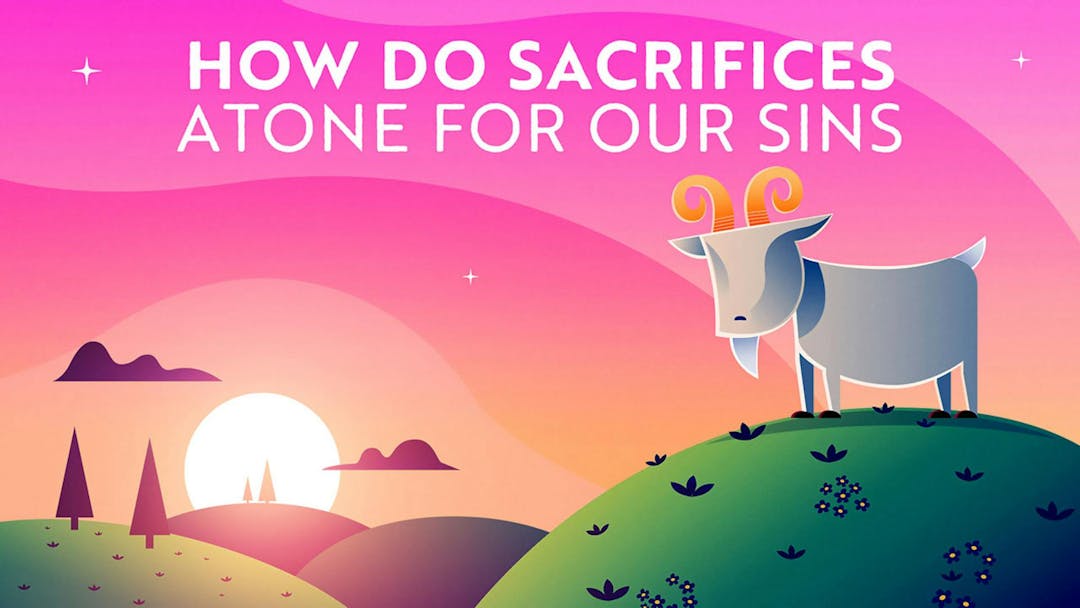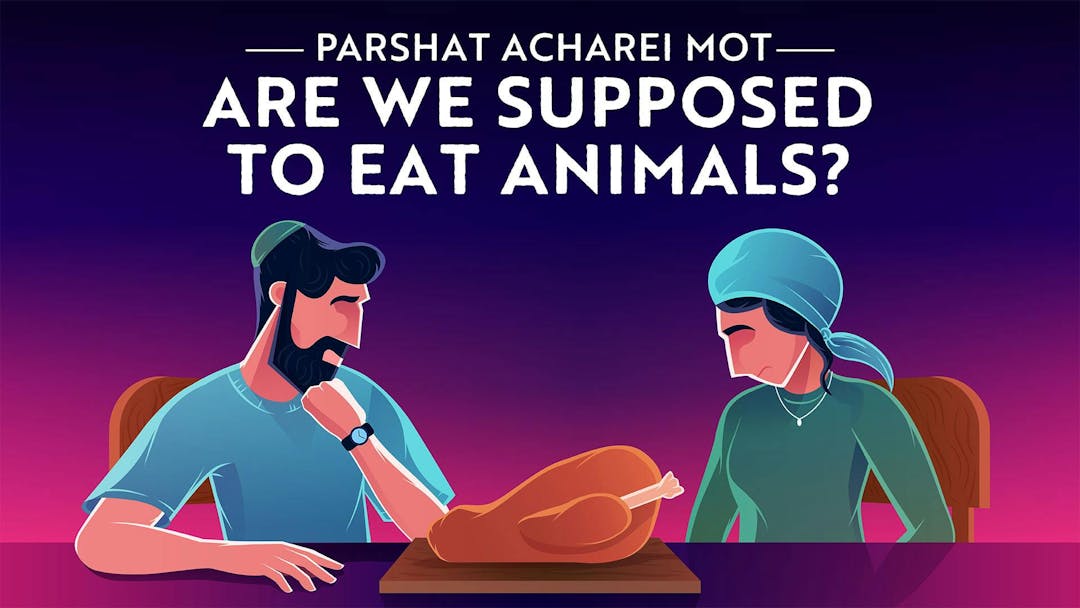Start your free trial today to unlock the full library and enjoy unlimited and uninterrupted access.
Get StartedHow Can I Achieve True Love?
What It Means To Love Your Neighbor As Yourself
Ve'ahavta l're'echa kamocha" – "Love your neighbor as yourself" – that’s an easy mitzvah, right? Errrr, not so much. To love your neighbor as yourself… that sounds like a pretty tall order! How many of us can actually say: “Yep, I love my neighbors as much as I love myself”? And yet it’s a mitzvah in the Torah! So are we all just failing horribly at keeping the Torah?
Could be. But maybe not. What if this mitzvah doesn’t quite mean what it sounds like it means? What if there’s a nuance to it that we’re missing?
There would only be one way to know. You see, we hear this mitzvah quoted all the time as a standalone sound bite, but in the Torah, it is a part of a conversation, a flow of logical ideas. To truly understand "Ve'ahavta l're'echa kamocha," we can't just examine it alone. We’d have to open up the Torah to Leviticus 19 and read this mitzvah in its context. When we do, perhaps we'll be able to see it in a whole new light.
In this video, Rabbi Fohrman does just that and shows that the mitzvah of "Love your neighbor as yourself" is easier to do than you might think. Not only that, but it has the power to seriously elevate your most troubled relationships.
Want to watch the full video for free?
Enter your email and we’ll send you a link to watch the full series free.
What is Aleph Beta?
Aleph Beta is a unique kind of Torah library. Led by our founder, Rabbi David Fohrman, we are dedicated to high-level, textual Torah learning for adults that is intellectually and spiritually sophisticated, that enlivens your Jewish practice and helps you forge a deeper connection to God. Whether you’ve been learning in yeshiva for years or you’re just beginning your Torah journey, you’re sure to find something meaningful and surprising waiting for you here.
Browse our library of over 1,000 beautifully produced animated videos, podcasts, deep dive courses, and printable guides. Topics include the weekly parsha, Jewish holidays & fast days, laws & mitzvot, prayers, relationships, big philosophical ideas and more. Have something to say at the Shabbos table that will amaze your family and guests and bring deep meaning into their lives.












